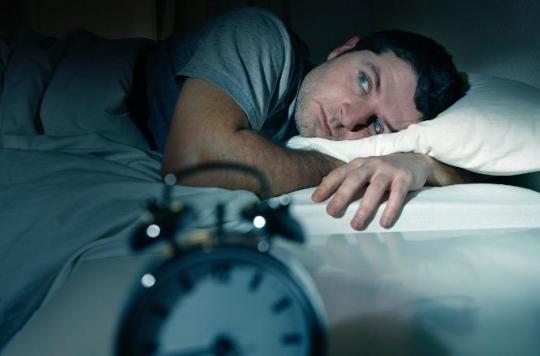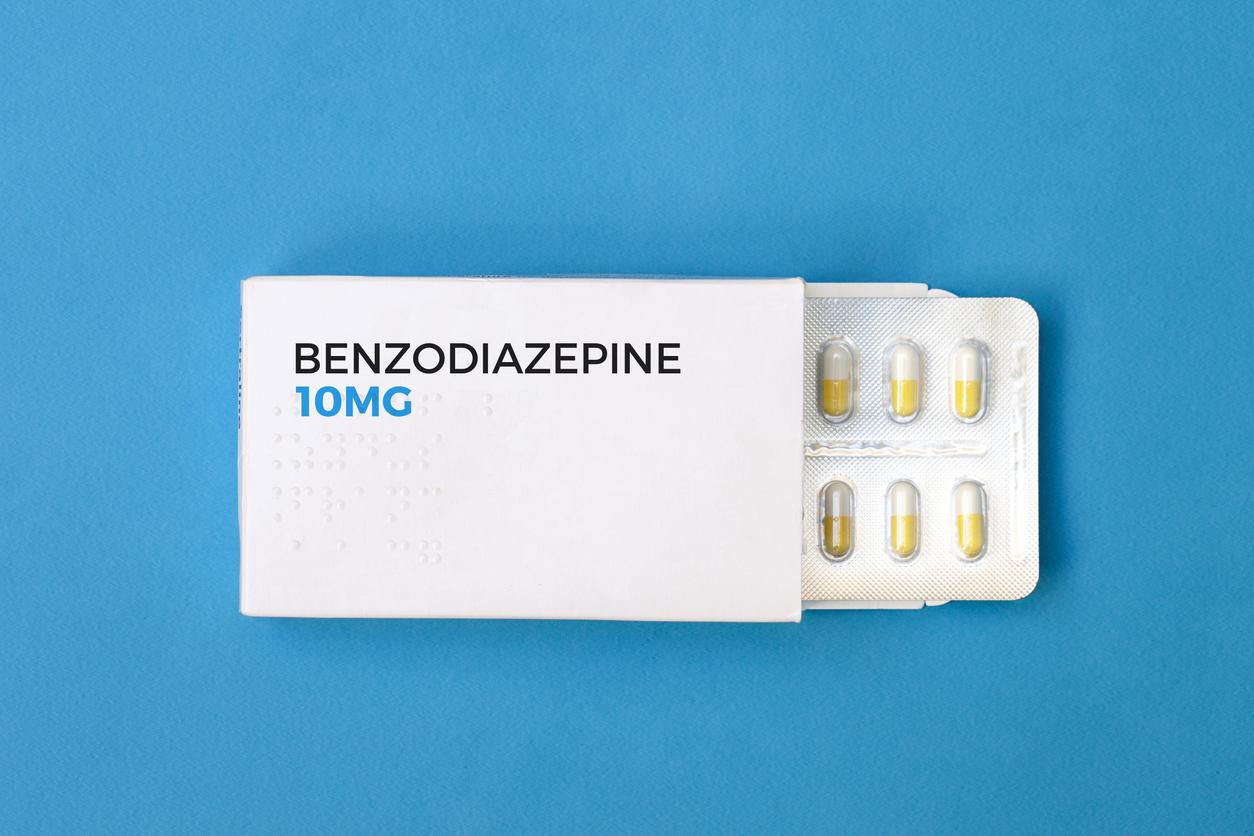The magazine 60 million consumers publishes recommendations on drugs for sleep disorders. Be careful, some references are simply to be avoided.

Sleep is health, but falling into the arms of Morpheus is not always easy. Many medications help fight sleep disorders, but some should be avoided. 60 million consumers publishes a special issue on sleep, on newsstands from Thursday, November 8, and lists the drugs to be avoided.
Risks of addiction
About one in eight French people have already taken a benzodiazepine drug, a prescription treatment for sleep disorders. 60 million consumers explain that this compound is very addictive: after a month, it can make the person dependent, and withdrawal can last up to a year. Moreover, the longer it takes, the less effective it is, because the body gets used to the molecule.
Takes too long
If taking these treatments is monitored by a doctor, this is not the case for non-prescription drugs. Over-the-counter sleeping pills are based on antihistamines, normally used to treat allergies. Their action is very long-lasting: in ten hours, the concentration of the product only decreases by half. The main risks are reduced alertness, which can be responsible for road accidents or falls in the elderly.
Patients tend to take them too long. On average, the intake lasts six months, while it is recommended not to exceed five days. Several drugs are to be avoided. With Phenergan, journalists from 60 million consumers have identified serious side effects: anaphylactic shock, hallucination and confusion. Calcibronat is not very effective according to studies and can cause loss of appetite and confusion. To overcome insomnia, some people use Toplexil, a cough syrup. Rather than treating and relieving sleep disorders, it ultimately reduces deep sleep cycles.
5 drugs to banish
Some people with sleep disorders use melatonin-based dietary supplements to treat themselves. These treatments are recommended only for people over 55 and for a maximum of 13 weeks. ANSES also researched on these food supplements, she noted the appearance of several adverse effects: dizziness, headache, gastroenterological, neurological and psychiatric disorders. Several other products to avoid are listed by the magazine: Chronodorm Melatonin, Forténuit, Super Melatonin, C’Zen Nuit, Granions Somdor+ Douce Nuit.
If you suffer from sleep disorders, it is best to consult a doctor before taking any treatment, even if it is sold without a prescription. One in five people in France suffers from chronic insomnia.

.

















